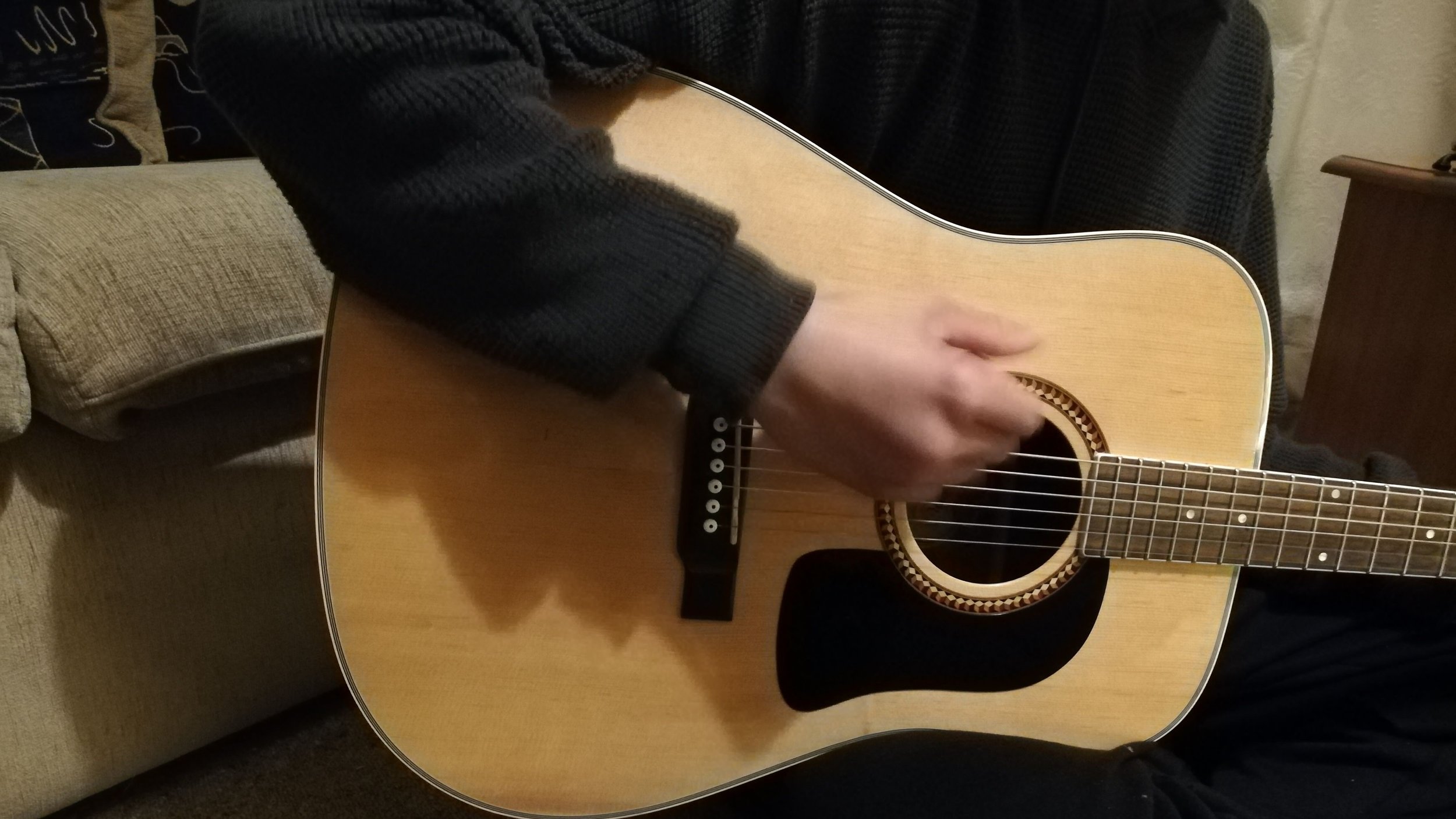Kia kaha te reo Māori i te hapori Bahá’í
Te Wiki o te Reo Māori — Māori Language Week — begins on Māori Language Day, September 14. Te Taura Whiri (the Māori Language Commission) says, “Māori language week is an opportunity for concentrated celebration, promotion and encouragement. And every minute of every hour of every day is a Māori language minute – we can choose to use te reo – every time we do, even just a ‘Kia ora!’ contributes to revitalisation.”
So, Te Wiki o te Reo Māori provides an opportunity for the friends to initiate new endeavours in support of a hope recently expressed by the National Spiritual Assembly:
Learning about the history of this land and gaining an appreciation and sufficient understanding of the language and culture of tangata whenua by all peoples of Aotearoa, will contribute to greater understanding amongst us all, and a more unified society. And, it is through understanding, sharing, and transforming into practical action the distinctive spiritual and social teachings of the Faith that we can offer our greatest contribution to the betterment of society and to the eventual elimination of those evil tendencies decried by the Guardian.
— National Spiritual Assembly of New Zealand, letter to the Bahá’ís of Aotearoa, 3 July 2020
In this article are provided some resources for inspiration, including Bahá’í waiata and a small selection of Bahá’í quotations on the importance of maintaining indigenous language and traditions. First though, here is a practical starting step for engagement, suggested by Te Taura Whiri:
Use the Te Aka Māori Dictionary to check out some brief expert descriptions of words in Māori you may have heard about that are considered customary concepts. There are many other resources on these topics – but there is enough in the links to allow a good discussion. You can follow up with an expert or with more research.
Source: https://www.tewikiotereomaori.co.nz/maori-language-week-ideas/
The above linked page offers a wealth of other ideas.
Bahá’í inspiration in te reo
“Light to the World” video from the Universal House of Justice, with subtitles and narration in te reo Māori. https://youtu.be/4D_BqWUIAUI
Various waiata on YouTube:
Songs from the Waiata Project on Soundcloud:
https://soundcloud.com/bahaiworldnewsservice/sets/songs-from-the-waita-project
Quotations
WHILE EMPHASIZING THE PARAMOUNT IMPORTANCE OF UNITY FOR MANKIND AT THIS TIME, BAHA’IS ALSO PRIZE DIVERSITY IN UNITY AND APPRECIATE THE POTENTIAL OF EACH INDIVIDUAL AND GROUP TO CONTRIBUTE CONSTRUCTIVELY TO THE WELL-BEING OF HUMAN SOCIETY. RATHER THAN IGNORING OR ADVOCATING THE SUPPRESSION OF THE DIVERSITY OF ETHNICAL ORIGINS, OF HISTORY, OF LANGUAGE AND TRADITION, OF THOUGHT AND HABIT THAT DIFFERENTIATE THE PEOPLES OF THE WORLD, BAHA’IS AFFIRM AND RESPECT THEM. INDIGENOUS POPULATIONS MUST HAVE THE FUNDAMENTAL RIGHT TO DEVELOP AND TAKE PRIDE IN THEIR OWN IDENTITY, CULTURE AND LANGUAGE.
— From a telex dated 30 July 1984 written by the Universal House of Justice to the Bahá’í International Community, United Nations Office in New York
EQUALLY IMPORTANT IS THE RIGHT OF THE MEMBERS OF INDIGENOUS POPULATIONS TO LEARN, SPEAK, WRITE AND COMMUNICATE IN THEIR NATIVE TONGUE, IF THEY SO WISH, IN ADDITION TO THE OFFICIAL LANGUAGE OF THE COUNTRY IN WHICH THEY RESIDE, FOR LANGUAGE IS THE EXPRESSION OF THE SPIRIT OF A PEOPLE AND THE VEHICLE OF ITS COHESIVE AND INSPIRING TRADITIONS. FACILITY IN ONE’S NATIVE LANGUAGE IN ADDITION TO THE OFFICIAL LANGUAGE OF ONE’S COUNTRY CAN PRODUCE AN ENRICHMENT OF THE HERITAGE OF THE ENTIRE PEOPLE AND CAN ACT AS A STABILIZING INFLUENCE IN SOCIETY, WHILE THE CULTURAL OPPRESSION WHICH SEEKS TO OBLITERATE MINORITY LANGUAGES CAN HAVE A DERACINATING AND DEMORALIZING EFFECT THAT WILL BE VERY DIFFICULT TO CORRECT. FURTHERMORE, BAHA’IS ADVOCATE THE DEVELOPMENT OR ADOPTION OF AN INTERNATIONAL AUXILIARY LANGUAGE BY WHICH ALL THE PEOPLES OF ALL COUNTRIES AND CULTURAL BACKGROUNDS WILL BE ABLE TO COMMUNICATE.
— Universal House of Justice, in the same telex quoted above
In the affairs of the Bahá’í community, Bahá’ís are learning to transcend traditional barriers that divide people in the wider society … Shoghi Effendi explained that “every organised community enlisted under the banner of Bahá’u’lláh should feel it to be its first and inescapable obligation to nurture, encourage, and safeguard every minority belonging to any faith, race, class, or nation within it.” One example is the way in which all minorities… are encouraged in their participation. “If any discrimination is at all to be tolerated”, Shoghi Effendi has for instance stated when discussing the corrosive effects of prejudice, “it should be a discrimination not against, but rather in favour of the minority, be it racial or otherwise.” The practice of Bahá’í elections is symbolic of this commitment to encouraging minorities—when a tie vote arises and one of those involved belongs to a minority group in that society, that person is unhesitatingly accorded the priority without the necessity of another vote to break the tie.
— The Universal House of Justice, quoted in the National Spiritual Assembly’s letter of 3 July 2020
Let there be no misgivings as to the animating purpose of the world-wide Law of Bahá’u’lláh. Far from aiming at the subversion of the existing foundations of society, it seeks to broaden its basis, to remold its institutions in a manner consonant with the needs of an ever-changing world…. It does not ignore, nor does it attempt to suppress, the diversity of ethnical origins, of climate, of history, of language and tradition, of thought and habit, that differentiate the peoples and nations of the world. … It repudiates excessive centralization on one hand, and disclaims all attempts at uniformity on the other. Its watchword is unity in diversity …
— Shoghi Effendi, The World Order of Bahá’u’lláh






